
The official gravesite of Benjamin Franklin
There are three things extremely hard: steel, a diamond, and to know one's self. - Benjamin Franklin
Courtesy vancechristie.com The unofficial gravesite of Benjamin Franklin with an explanation
Mastering yourself is true power
Knowing others is intelligence;
knowing yourself is true wisdom.
Mastering others is strength;
mastering yourself is true power.―Lao Tzu,Tao Te Ching
We all get 24 hours in a day
Everyone given the gift of life gets 24 hours every day. What are you doing with yours? Many people accomplish great things in their lives. They raise families. They create careers. They help their communities. But when you analyze it, did you do all you possibly could? Some examples:
Did you have a kind word or lend a hand to someone in need?
Did you have patience with someone having a bad day or in a bad place?
There is nothing wrong with doing just what is required. However, have you ever done just a little more?
Did you see something that was wrong and say so?
Getty Images: Participants are shown in New York City's Drag March where attendees chanted, "We're coming for your children," on Friday, June 23.
Or just not get involved?
Correct me if I'm wrong, but I saw no counter protest. In fact: From Post Millennial: NBC News DEFENDS ‘we’re coming for your children’ chant at NYC drag march, arguing it’s ‘been used for years at Pride events’
Even Governor Hochel walked in the parade!
Courtesy GC images
As opposed to the thousands of protesters of the LA Dodgers honoring the “Sisters of Perpetual Indulgence” who mock Catholic nuns:
AP Photo/Jae C. Hong: People hold signs during a prayer service outside Dodger Stadium Friday, June 16, 2023
Have you attempted to develop or use any or all of your God given skills to be all you could be?
Each of us is so much more than we realize! It takes hard work and discipline to become the person you really are.
The Founding men and women were such people
I have written essays about both. Their lives, accomplishments and thoughts. My first essay was “Jefferson and Madison go woke?”, detailing how wokeness has taken over their respective homes, history about them and facts about their lives. Regarding Jefferson:
On April 29, 1962, President John F. Kennedy held a dinner at the White House for western hemisphere Nobel Prize winners. In his opening remarks, he stated, “I want to tell you how welcome you are to the White House. I think this is the most extraordinary collection of talent, of human knowledge, that has ever been gathered together at the White House, with the possible exception of when Thomas Jefferson dined alone. Someone once said that Thomas Jefferson was a gentleman of 32 who could calculate an eclipse, survey an estate, tie an artery, plan an edifice, try a cause, break a horse, and dance the minuet. Whatever he may have lacked, if he could have had his former colleague, Mr. Franklin, here we all would have been impressed.”
(Jefferson could even write in Greek with one hand while writing the same in Latin with the other.)
Benjamin Franklin (Jefferson's former colleague)
Born on January 17, 1706, in colonial Boston, the eighth of ten children. He only had two years formal education because he went to work in his father's candle shop at ten. He was an avid reader and taught himself to be a skilled writer.
Was a polymath. Instead of focusing on becoming an expert on one topic, they choose to master several. Instead of only being able to think deeply on one topic, they develop the ability to see what different subjects have in common.
Was an inventor, scientist, printer, politician, freemason, an American diplomat to England and France and the first Postmaster.
When he first came to France in 1767, Franklin wore the clothes of a polite, fashionable Frenchman—a fine European suit and powdered wig—as a way to show respect to the French court. When he returned in 1776, he abandoned all the decorum of French dress and instead wore a simple, homespun brown suit, spectacles, and a large fur hat. . He cleverly adopted this style as a way to garner attention and appeal to the French for support of the American cause.
The French adopted the hat’s symbolic associations. Not only did those Frenchmen sympathetic to the American Revolution don fur caps, but women also began to fashion their hair in coiffures à la Franklin, a style that mimicked the shape of Franklin’s famous topper. Indeed, Franklin’s hat was more than a hat. It was a sartorial object that came to evoke America and the young nation’s cause.
Franklin became a printing apprentice to his older brother James when he was 12. Because his brother wouldn't print his letters, at age 16, Franklin began writing essays as Mrs. Silence Dogood, a fictitious widow who commented on everything from fashion and marriage to women’s rights and religion. He would slip the letters under the print shop door at night. When Franklin came clean, James was jealous and furious. James treated Franklin badly and even beat him. Franklin ran to Philadelphia where he found work as a printer at 17. A year later, he went to London in 1724 and again found a printing job. He came back to Philadelphia in 1726. In 1728 opened his own print shop. Franklin became the owner and publisher of the Pennsylvania Gazette in 1729, the 18th century equivalent of the New York Times. Often using pseudonyms, Franklin wrote much of the content.
From 1730 to 1774 Franklin had a common law marriage with Deborah Read since her husband abandoned her and she couldn't obtain a divorce. They had two children. A son, Francis Folger Franklin (1732-36), who died of smallpox at age 4, and a daughter, Sarah Franklin Bache (1743-1808). Franklin had another son, William Franklin (1730-1813), out of wedlock. Later in life Franklin and his son William had a falling out because William remained loyal to England with Franklin even cutting him out of his will.
From 1733 to 1758 he published annually the famous “Poor Richard's Almanack” under the pseudonyms “Poor Richard” or Richard Saunders", with over 10,000 copies per year. You have no doubt heard some of the famous sayings.
He became wealthy as an owner or part owner in several printing businesses in the colonies and enlarged his philanthropic activities.
He established many community organizations including Philadelphia’s first fire company, a police patrol and the American Philosophical Society, a group devoted to the sciences and other scholarly pursuits.
Created an actual book lending library in Philadelphia which was the largest in the U.S. till the 1850’s.
Organized the Pennsylvania militia (clearly a white supremacist and domestic terrorist), raised money to build a city hospital, and led a program to pave and light city streets.
Additionally, Franklin was instrumental in the creation of the Academy of Philadelphia, a college which opened in 1751 and became known as the University of Pennsylvania in 1791.
Franklin would surely be horrified at what the University of Pennsylvania has become!
In 1748 when he was 42, Franklin was able to retire and devote his full time to philanthropy and his studies of electricity, ocean currents, meteorology, causes of the common cold and refrigeration.
Benjamin Franklin’s inventions and accomplishments
Franklin never patented a single one, believing that they should be shared freely: "That as we enjoy great Advantages from the Inventions of others, we should be glad of an Opportunity to serve others by any Invention of ours; and this we should do freely and generously."
An avid life long swimmer, at 11 he invented wooden swim fins for your hands.
Because he was near and far sighted, he cut two pair of glasses in half and joined them together creating bifocals.
During his experiments with electricity, he invented the lightning rod.
The Franklin stove
The flexible Urinary Catheter
The Long Arm for grabbing things on high shelves
The Odometer
The Three Wheel Clock
Streetlamps
A phonetic Alphabet designed to have a “more natural Order,” than the existing system:
His proposal, “A Reformed Mode of Spelling,” opens with an analysis of spoken English in the form of a table prioritizing the alphabet by sound and vocal effort. Franklin gave preference to “Sounds formed by the Breath, with none or very little help of Tongue, Teeth, and Lips; and produced chiefly in the Windpipe.” Franklin’s analysis resulted in removing six letters from the alphabet – C, J, Q, W, X, AND Y– that were, in his view, redundant or confusing.
Critics complained the alphabet was an unsightly corruption of language and Franklin stopped pushing it.
Courtesy Smithsonian Magazine The end of Franklin’s letter to Polly Stevenson in 1768. Translation: “…difficulty of learning and using it. And it would already have been such, if we had continued the Saxon spelling and writing, used by our forefathers. I am, my dear friend, yours affectionately, Ben Franklin
American Political Cartooning
On May 9, 1754, Benjamin Franklin published one of the most famous cartoons in history: the Join or Die woodcut.
Benjamin Franklin was the first to chart the Gulf Stream. He completed the first scientific study of the current on May 2, 1775
Courtesy Library of Congress This is a copy of the first chart of the Gulf Stream was printed in 1786, ten years after Benjamin Franklin first drew it up.
Benjamin Franklin's most personally satisfying invention. The Glass Armonica
After watching a friend play wine glasses filled with varying amounts of water by stroking the rims, Franklin came up with the idea.
Franklin’s armonica, also known as a glass harmonica, was made from 37 bowls of varying thicknesses and sizes threaded horizontally on an iron spindle which could be turned by a foot pedal. By moistening their fingers with water, a player could produce up to ten notes or chords at a time. The bowls were colour-coded for different notes.
Ludwig von Beethoven, Wolfgang Mozart and Richard Strauss among others wrote music for the Armonica.
An explanation and demonstration of the Armonica is provided in the video:
Benjamin Franklin and the Revolution
On June 11, 1776, the Continental Congress selects Thomas Jefferson of Virginia, John Adams of Massachusetts, Benjamin Franklin of Pennsylvania, Roger Sherman of Connecticut and Robert R. Livingston of New York to draft a declaration of independence.
Knowing Jefferson’s prowess with a pen, Adams urged him to author the first draft of the document, which was then carefully revised by Adams and Franklin before being given to Congress for review on June 28.
Benjamin Franklin was the only Founding Father to have signed all four of the key documents establishing the U.S.: the Declaration of Independence (1776), the Treaty of Alliance with France (1778), the Treaty of Paris establishing peace with Great Britain (1783) and the U.S. Constitution (1787).
Benjamin Franklin proposed daily prayer in the Constitutional Convention
The Second Constitutional Convention began on May 25, 1787. It had already gone on for more than a month in sweltering Philadelphia with little progress. On June 28, Franklin, who was having great difficulty even standing, rose to address the Convention President, George Washington:
Mr. President:
The small progress we have made after 4 or five weeks close attendance & continual reasonings with each other — our different sentiments on almost every question, several of the last producing as many noes as ays, is methinks a melancholy proof of the imperfection of the Human Understanding. We indeed seem to feel our own want of political wisdom, since we have been running about in search of it. We have gone back to ancient history for models of government, and examined the different forms of those Republics which having been formed with the seeds of their own dissolution now no longer exist. And we have viewed Modern States all round Europe, but find none of their Constitutions suitable to our circumstances.
In this situation of this Assembly groping as it were in the dark to find political truth, and scarce able to distinguish it when presented to us, how has it happened, Sir, that we have not hitherto once thought of humbly applying to the Father of lights to illuminate our understandings? In the beginning of the contest with G. Britain, when we were sensible of danger we had daily prayer in this room for the Divine Protection. — Our prayers, Sir, were heard, and they were graciously answered. All of us who were engaged in the struggle must have observed frequent instances of a Superintending providence in our favor. To that kind providence we owe this happy opportunity of consulting in peace on the means of establishing our future national felicity. And have we now forgotten that powerful friend? Or do we imagine that we no longer need His assistance.
I have lived, Sir, a long time and the longer I live, the more convincing proofs I see of this truth — that God governs in the affairs of men. And if a sparrow cannot fall to the ground without his notice, is it probable that an empire can rise without his aid? We have been assured, Sir, in the sacred writings that “except the Lord build they labor in vain that build it.” I firmly believe this; and I also believe that without his concurring aid we shall succeed in this political building no better than the Builders of Babel: We shall be divided by our little partial local interests; our projects will be confounded, and we ourselves shall be become a reproach and a bye word down to future age. And what is worse, mankind may hereafter from this unfortunate instance, despair of establishing Governments by Human Wisdom, and leave it to chance, war, and conquest.
I therefore beg leave to move — that henceforth prayers imploring the assistance of Heaven, and its blessings on our deliberations, be held in this Assembly every morning before we proceed to business, and that one or more of the Clergy of this City be requested to officiate in that service.
The motion, though a good one, did not pass. One of the reasons being they felt they did not have the money to do so. However, the divisiveness and animosity during the Convention faded and was replaced with a spirit of cooperation which eventually brought us to the Constitution of 1787.
Benjamin Franklin's death and afterwards
Franklin died at 84, on April 17, 1790, in Philadelphia. His funeral was attended by an estimated 20,000 people. He was buried in Philadelphia’s Christ Church cemetery. In his will, he left $2,000 to the city of Boston and $2,000 to the city of Philadelphia, which was to be invested and not drawn out for 200 years. Then invested in community and philanthropic causes. In Pennsylvania it grew to about $2 million and Boston about $4.5 million when the funds were released in 1990.
Parting thoughts from Benjamin Franklin
Hide not your Talents, they for Use were made. What’s a Sun-Dial in the shade!- Poor Richard’s Almanack, 1750
Wish not so much to live long as to live well.- Poor Richard’s Almanack, 1738
I think you have to agree he accomplished this magnificently. Yet he did it all in the same 24 hour day we all have.




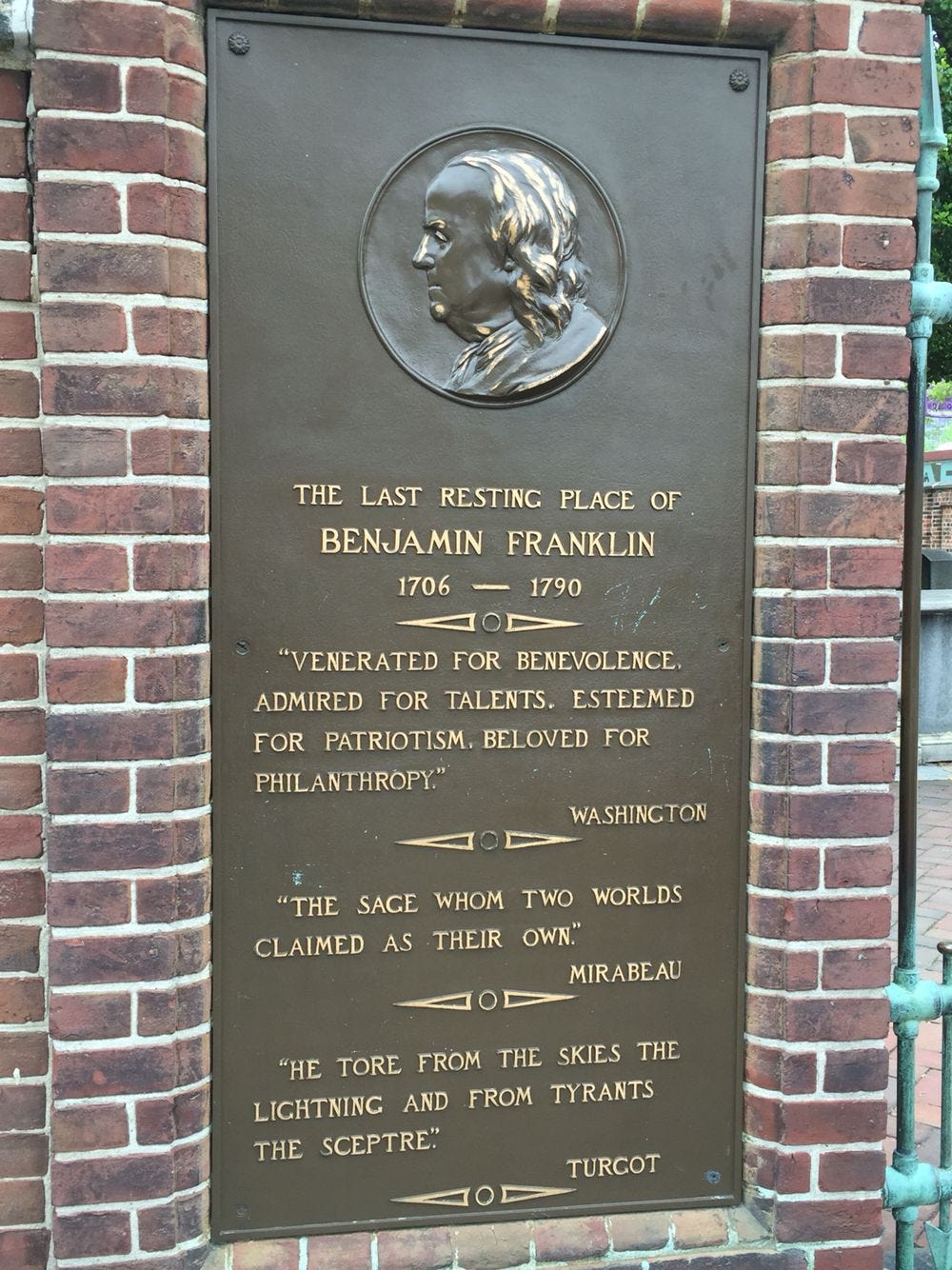
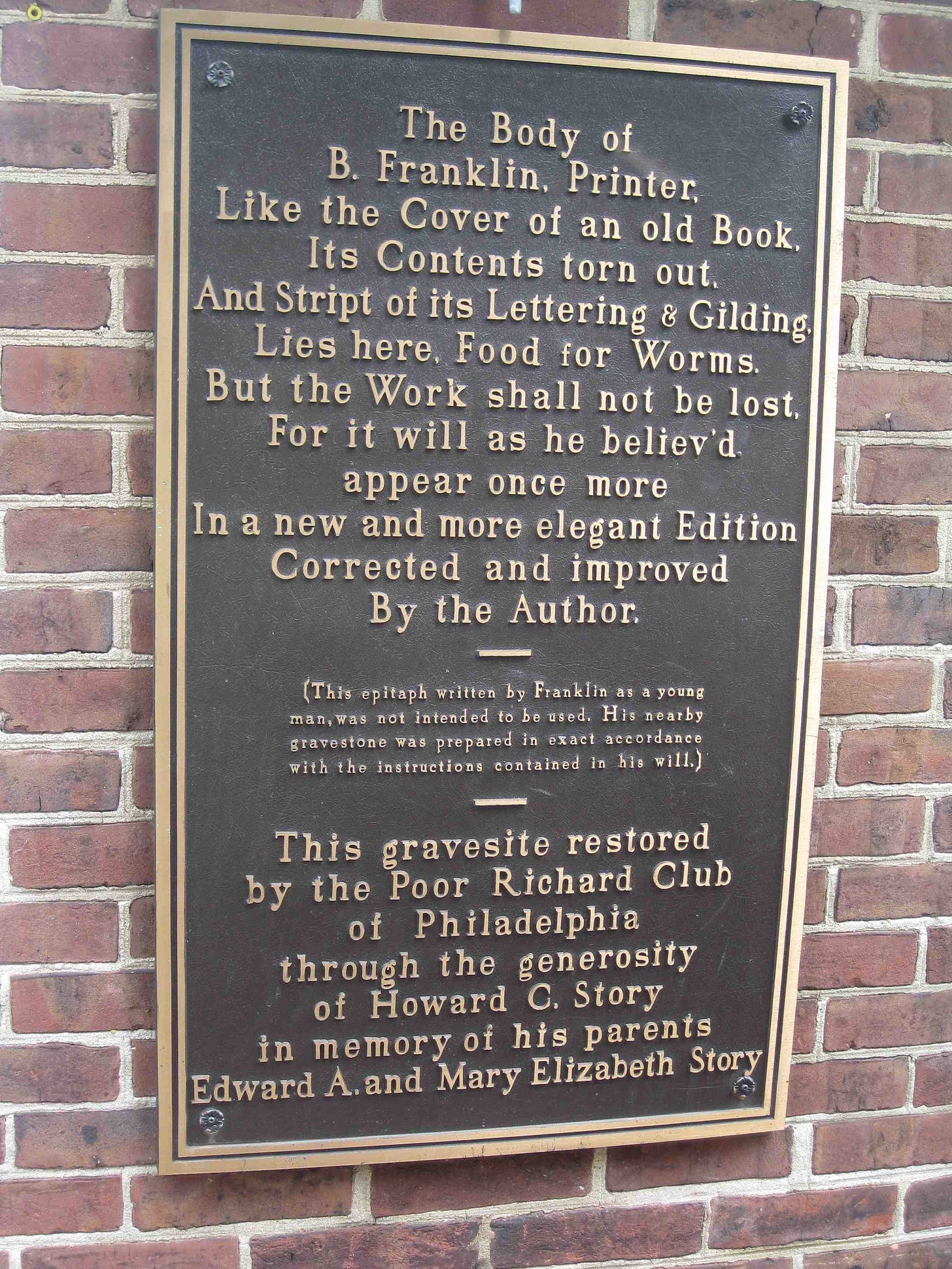

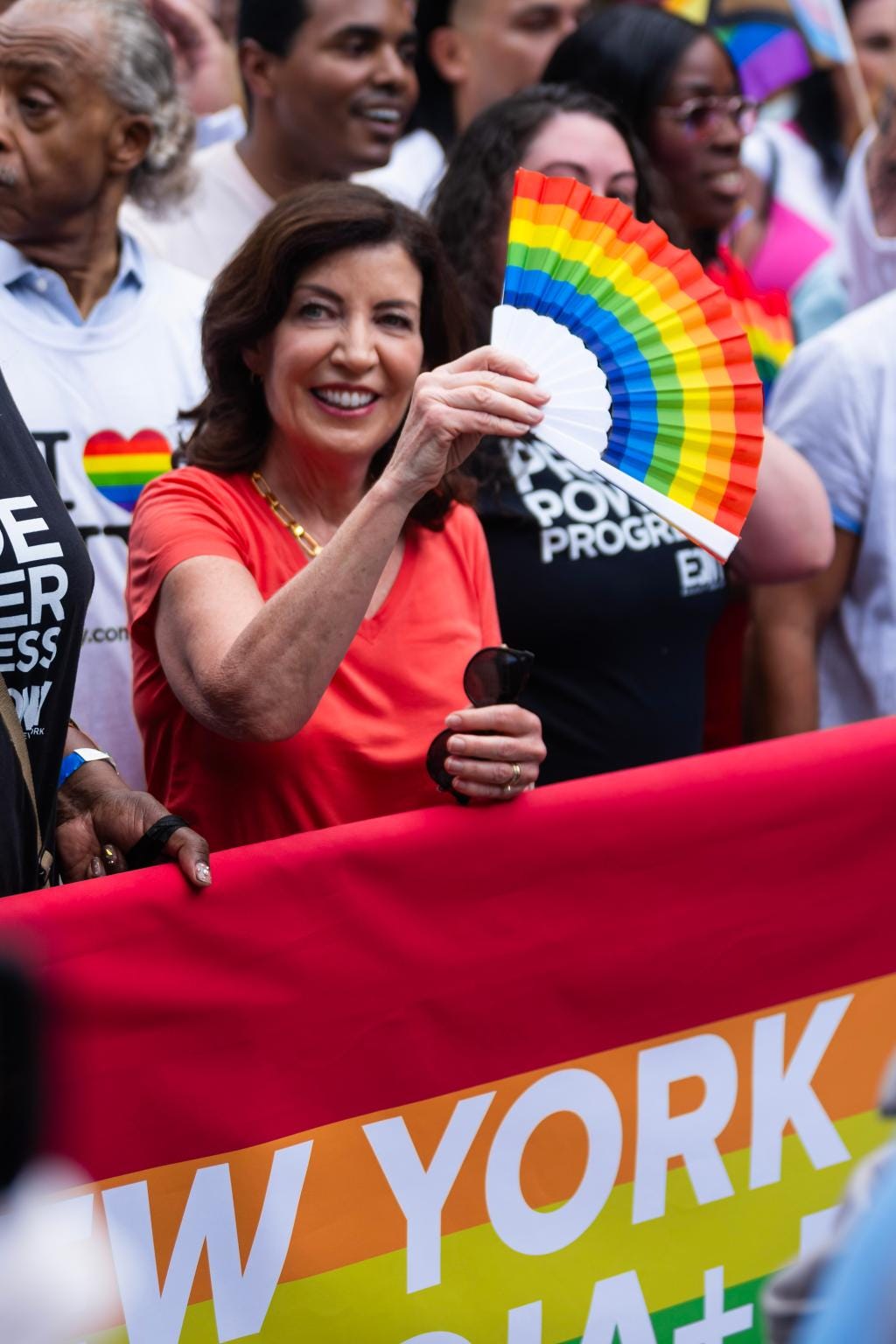

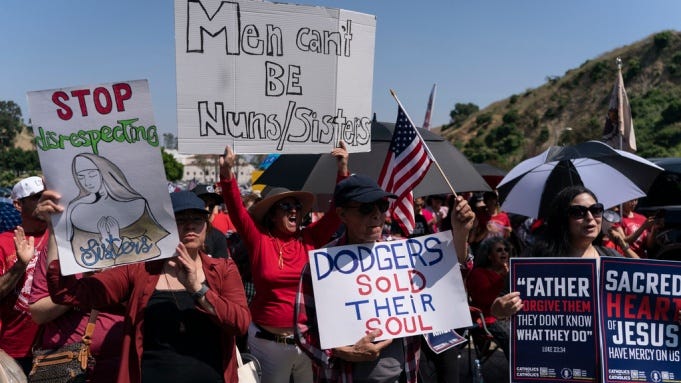
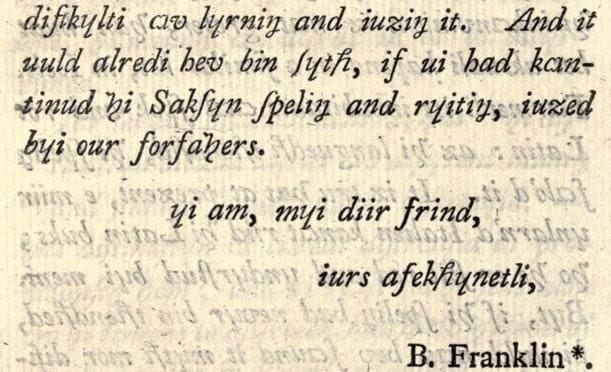
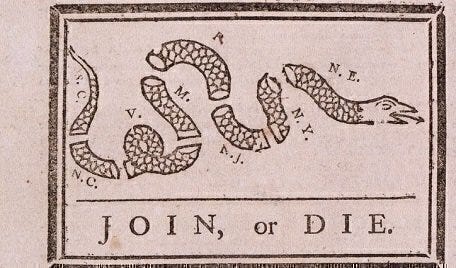
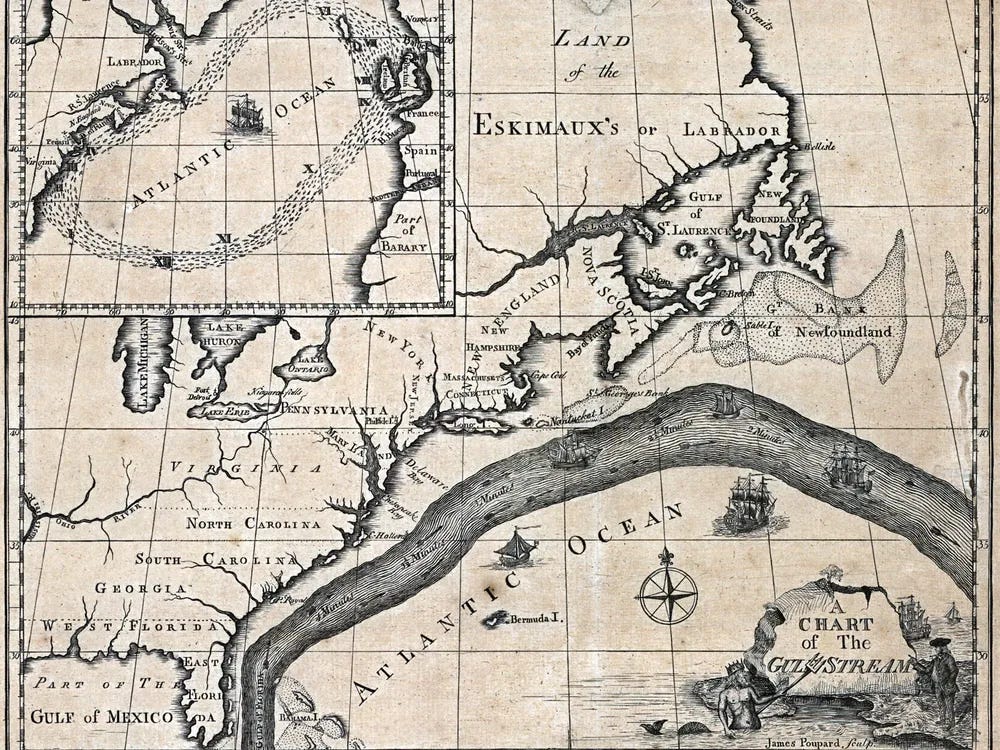










Thank you for challenging us!
BTW fantastic goodies about Franklin. I did no know about his endowments to Philly and Boston. Living near Philly most my life and Boston for a few years really tugged my feelings.